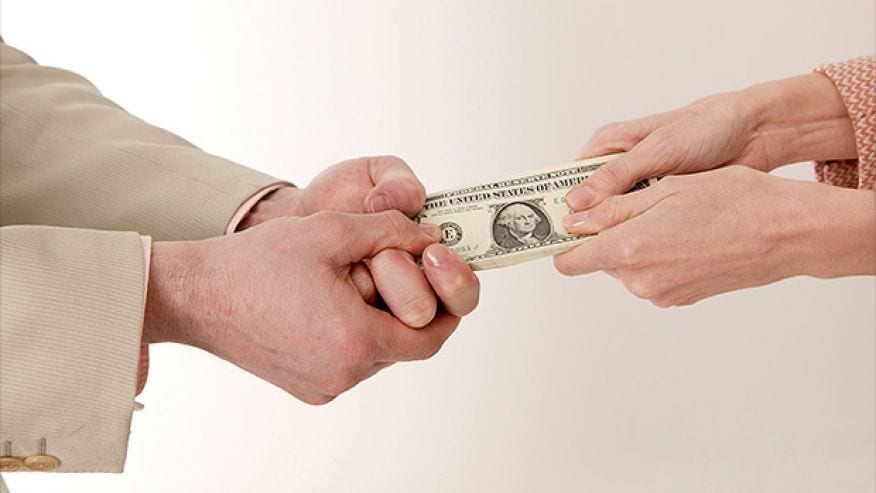


“…And according to the Law, one may almost say, all things are cleansed with blood, and without shedding of blood there is no forgiveness.” (Heb 9:22, NASU)
How could it be that of all religions in the world, we have decided to communicate that forgiveness is easy and/or cheap, or even worse, flippant? I am always amazed at how often people come to see me in counseling and they tell me about some serious trauma they have experienced at the hands of another person, and then tell me about talking to another Christian and being told “well, you just need to forgive that person.” Sure, they neglected you; sure, they abused you, or someone you loved; sure, they abandoned you; sure, they left you; sure, they used you, molested you, hurt you, and/or failed to fulfill some of the basic things you needed in life… were they an alcoholic, a pedophile, a perfectionist, or just hateful? Without seeming to take either the pain or the concept of forgiveness seriously, people tell us, “You just need to forgive them.”
I will make clear, that I certainly agree that we do need to forgive… but, really, is it just some meaningless words? Is it that simplistic? Sure, no problem, I will just ignore what happened; I will pretend like it never happened; nobody has to suffer over this… after all, it is just words, right? Forgiveness is cheap, right? Frivolous, right?
We stood in debt to God. We, as a race had offended Him; as individuals, we have each offended Him. We had run up against Him the debts of sin, un-appreciation, blasphemy, faithlessness, going astray, and even some level of hatred and rebellion. Each of us has gone our own way, and each of us have fallen short of His glory. We had trespassed against Him. We owed a debt. So, what would have happened if He had visited one of our small groups and someone had flippantly said “Y’know, You just need to forgive all those people.” Instead, through the work of His precious Son, He paid the debt we owed. This represents a truth.
Someone always pays.
If you owe me $500, and I forgive it. It isn’t that no one pays, it is that I have paid it myself. That is $500 less to buy clothes, food or Christmas presents for my kids. The $500 and its consequences don’t just vanish.Someone pays; someone always pays. Remember the old song? “He paid a debt He did not owe; I owed a debt I could not pay; I needed someone to wash my sins away…” I owed a debt and someone had to pay. Jesus paid for my forgiveness.
 Jesus paid our debt.
Jesus paid our debt.
Incidentally, I think this is what forgiveness is all about – our reaction to debt. Check out two of the key teachings by Jesus about debt:
Matt 6:9-15 (NASU)
” Pray, then, in this way:
‘Our Father who is in heaven,
Hallowed be Your name.
Your kingdom come.
Your will be done,
On earth as it is in heaven.
Give us this day our daily bread.
And forgive us our debts, as we also have forgiven our debtors.
And do not lead us into temptation, but deliver us from evil.
For Yours is the kingdom and the power and the glory forever. Amen.
I know that this passage is largely about forgiveness because of what immediately follows:
14 ” For if you forgive others for their transgressions, your heavenly Father will also forgive you. 15 “But if you do not forgive others, then your Father will not forgive your transgressions. (NASU)
Notice the “for” at the beginning of verse 14. I grew up on the word “trespasses” in place of “debts.” I love the alliteration of a room full of people saying “Forgive us our trespasses as we forgive those who trespass against us…” It sounded like a room full of snakes praying. However, I never knew what a “trespass” was beyond walking on other people’s lands (which I did all the time). Here is the Greek information:
* opheilema (of-i’-lay-mah); from (the alternate of) NT:3784; something owed, i.e. (figuratively) a due; morally, a fault: KJV – debt.